
Fourteen UnitedHealthcare Medicare service centers will open in five U.S. cities by January 2020.

Fourteen UnitedHealthcare Medicare service centers will open in five U.S. cities by January 2020.

Businesses must engage all generations and ensure that employees understand that security is everyone’s business, and isn’t just a role for IT.

Authors stress the need for clinicians to pursue new forms of clinical activism in community-based care.

New data point to an upward trend in liability claims.

Half of U.S. adults surveyed say they avoid seeking medical care because of cost, and they want upfront pricing of medical services.

Half of single adults 65 and older who live alone and those living in two-person households are unable to afford basic necessities without extra assistance.

The housing model is now being widely implemented in the United States.

New survey reveals impact of consumer challenges navigating the complexities of today's healthcare system when searching for the right care.

The strongest associations were found for broad-spectrum antibiotics and those that act against anaerobic bacteria and fungi, study suggests.

Proposed legislation prevents tech data harvesters from collecting information from smart device users.

Post-acute executives surveyed say EHRs and interoperability with acute care providers and physicians would radically improve their ability to thrive under value-based care.

The grant will fund the creation of a new “supercomputer” that will enable Mount Sinai researchers to explore more data-driven medicine.

Patients may miss out on savings and making informed treatment decisions.

A report from Salucro suggests most patients evaluate billing and payment processes before even reaching the institution.

Healthcare executives are encouraged to seek best practice recommendations from infectious diseases organizations when implementing ASPs.

A Cigna survey found healthcare consumers were facing difficulties based on affordability, predictability, and simplicity.

Youth in California are seeking more help than ever in the last decade.

With dementia being one of the fastest growing public health problems, there are several workplace strategies health execs can implement.
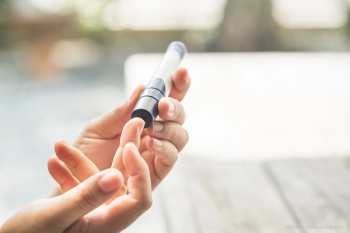
Preventive care is key to overcome the treatment and management challenges of this chronic condition.
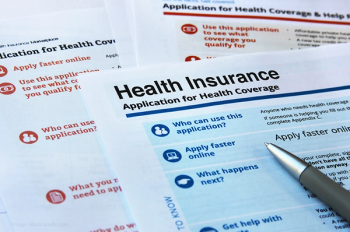
Results from a recent Insurance.com survey shows overall satisfaction appears greatest with original Medicare consumers.

Everyone is talking about AI in healthcare. Here is how health executives can separate the myths from the facts.

Most health systems have invested or plan to invest in remote patient monitoring solutions to support their organizational transitions to value-based care.

Google expands its interest in the wearable device space.
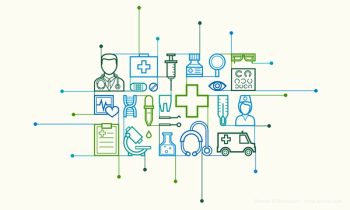
An eHealth, Inc. survey reveals Medicare beneficiaries are getting smart about reviewing their coverage options.

Millennials are the largest generation ever, but if their health issues aren’t addressed, their well-being and the economy will face consequences.

While acceptance of telehealth care for those in need remains an issue to some, support throughout the United States improves as others use these services.

HOPE program can serve as a model for treating patients at risk for addiction.
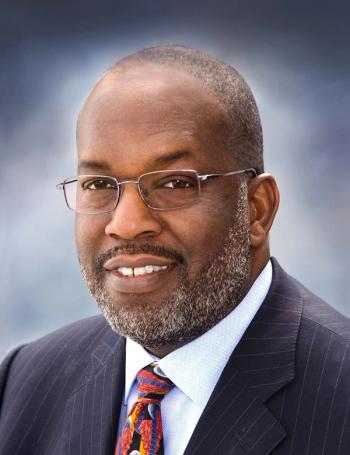

The grant will support creating new content on UpToDate that will advise patients of their genetic test results and how to manage them by early 2020.
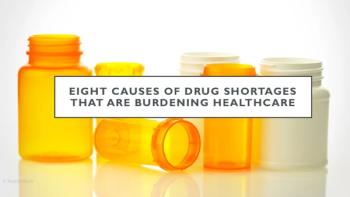
Drug shortages are a major problem and can have a negative impact on patient care and public health. Here, Dan Kistner, PharmD, senior vice president, pharmacy solutions for Vizient, talks about the top 8 reasons that drug shortages can occur.